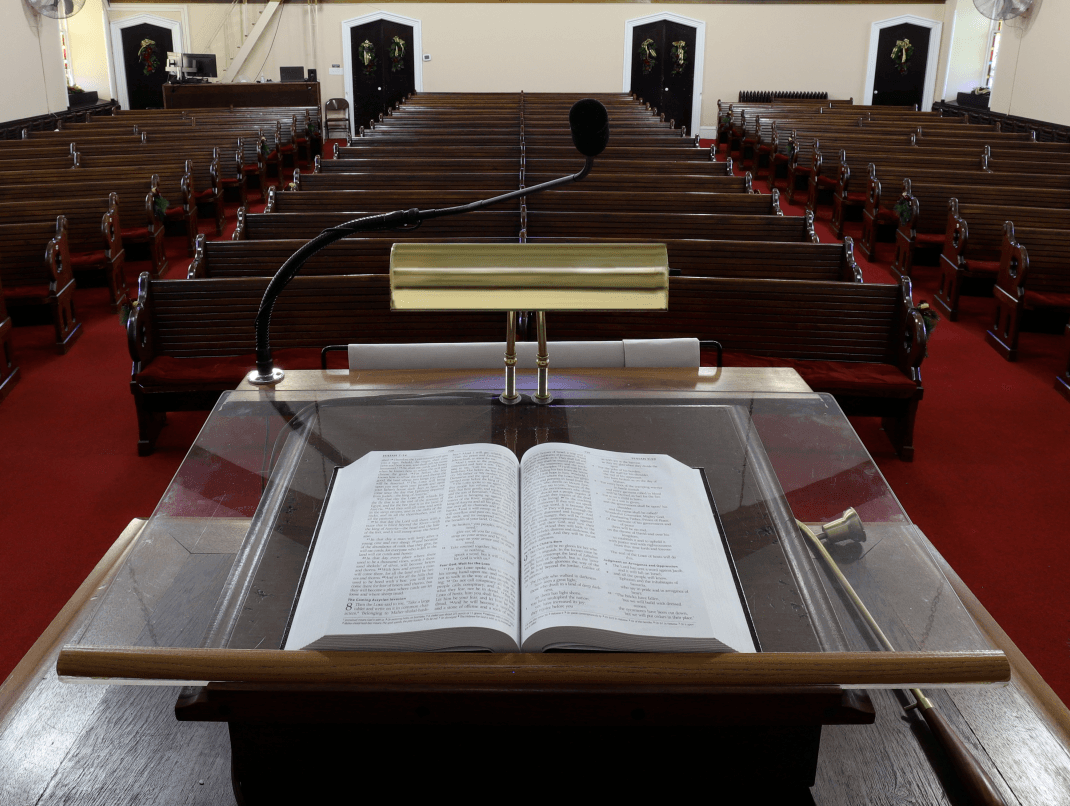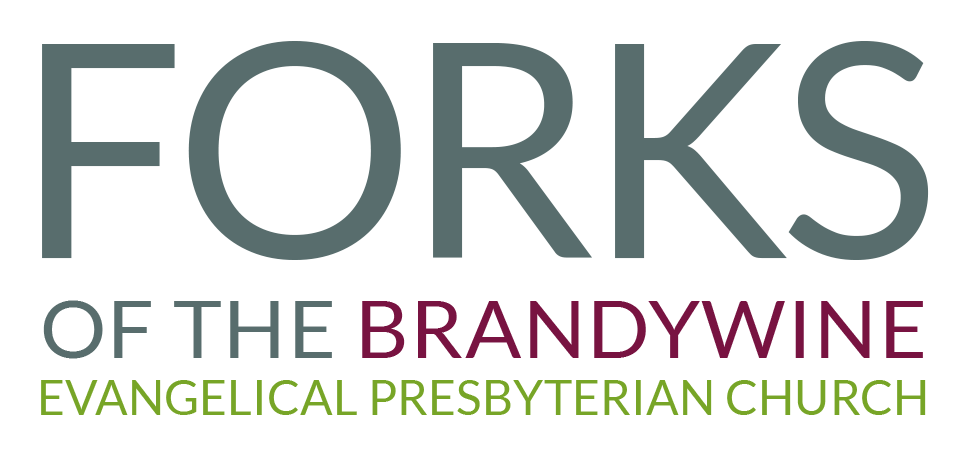Do You Dread the Christian Life?
Delight in Obedience
Every year when I was child, our family would go on a summer vacation. My favorite vacations were our trips to Myrtle Beach, South Carolina. My parents would take the week off from work, load up the car, and take me and my sister to the beach. We always rented the same oceanfront condo from a family friend. I can’t count the number of times our family stayed there. We continued to vacation there well into my adulthood. So many memories were made on those long trips to Myrtle Beach, like buying a dozen doughnuts from Krispy Kreme the first night we arrived and trying our best to make them last more than a day!
Each year, as our week of vacation drew to a close and it was time to drive home, my parents would begin to feel gloomy. I vividly remember my mom saying, as we were packing up to leave, “Oh, I sure dread going back to work tomorrow!” For my mom at the end of vacation, the thought of going back to work the next morning was repulsive. No part of her wanted to do it, but she knew she had to, and she was feeling strong reluctance. I think we can all relate.
Sometimes this is how we feel about the Christian life. It does not sound fun, it does not feel enjoyable, and it is the last thing we really want to do, but we feel like we have to do at least something, so we dread it. Reading or studying the Bible feels like such a chore. The thought
of daily prayer repels us. Going to church every week, participating in a discipleship group, having to be around other Christians, tithing—all burdensome. People in this spiritual condition live the Christian life like they are always on vacation, and only occasionally they take a week off from fun to face the drudgery of being a Christian, hoping that the minimum will count for something.
This is not how the Christian life is supposed to feel, and it is not how the Christian life is meant to be lived. The Apostle John says it this way, “For this is the love of God, that we keep His commandments. And His commandments are not burdensome” (1 John 5:3). You see, our obedience flows not from drudgery, but delight. Obedience is the overflow of our love for God and our reverence for his commandments. When we cultivate our relationship with the Lord through Scripture, prayer, study, worship, and fellowship, we grow in our love for him and in our delight in the things He loves. His commandments become sweet (Psalm 119:103), obedience feels attractive (2 Chronicles 17:6), and holiness allures with loveliness (Psalm 119:35). As you grow in the grace and knowledge of the Lord Jesus (2 Peter 3:18), your dread of the Christian life will be transformed into devotion. Reluctance will turn into zeal; resistance into eagerness.
If you dread the Christian life, the only way out is to grow in your knowledge of Jesus Christ. If you try to force your way out through gritted teeth, the dread and drudgery will only increase. Seek to know him in his love, grace, promises, death, resurrection, and lordship. Look unto Jesus daily in prayer, and meditate on his glorious gospel, until the fire of the Holy Spirit falls from heaven and enflames your heart with love for Christ and with joy in living the Christian life.
Grace and peace,
Pastor Wesley
The Pastor's Pen





